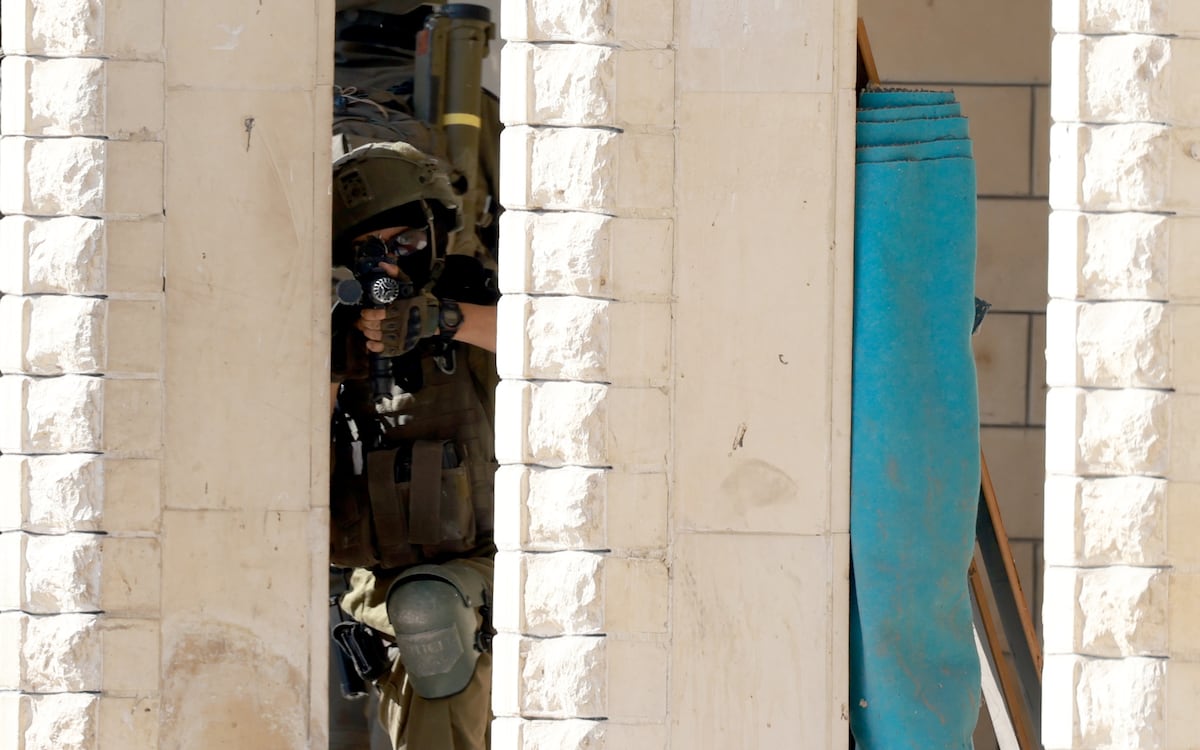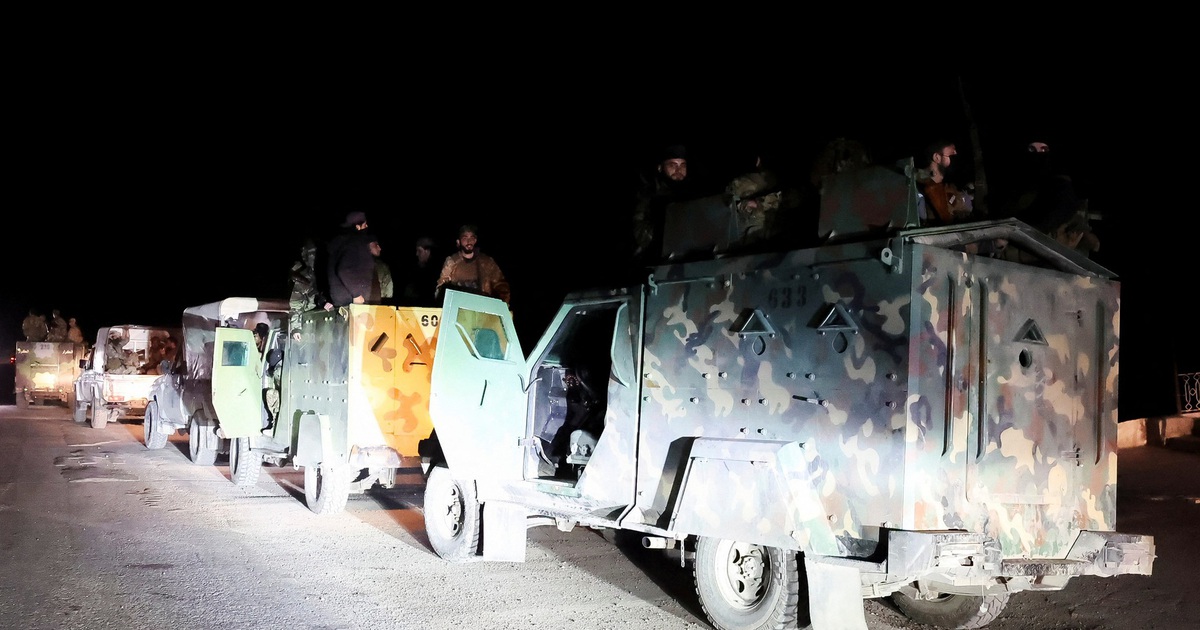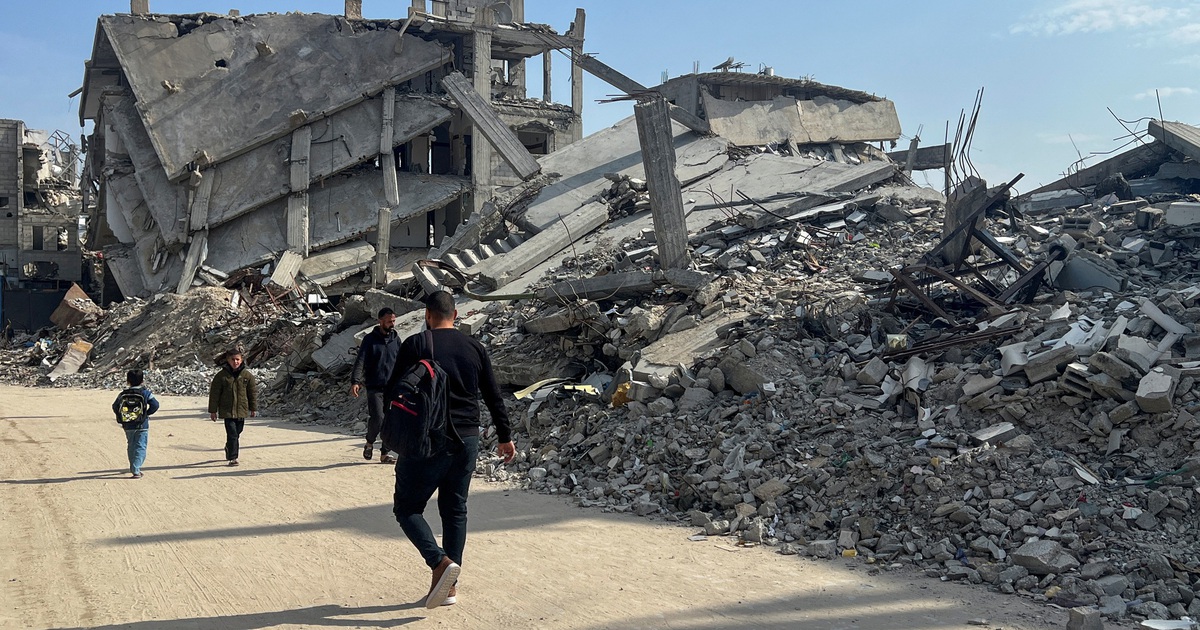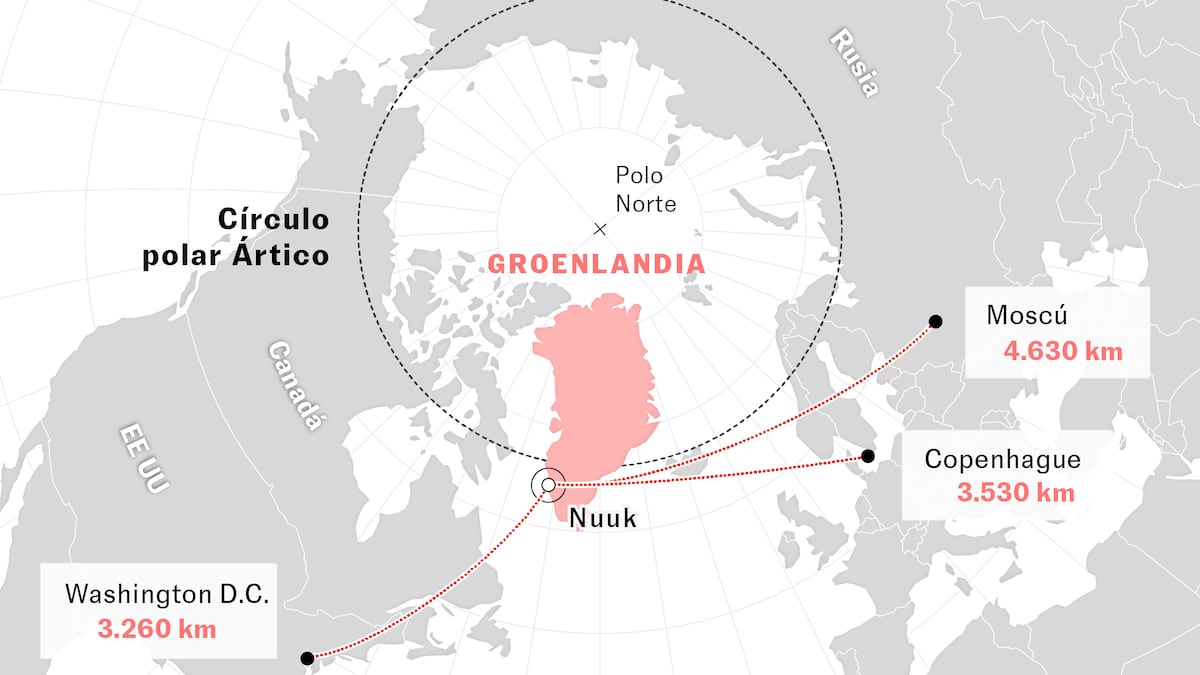Palestinians living in Israel, the West Bank and East Jerusalem are increasingly suffering from the ravages of the war that began on October 7, 2023, when Hamas killed 1,200 Israelis and kidnapped 251 hostages. Settler settlements are advancing in the West Bank, in East Jerusalem bulldozers destroy more houses than ever. And in Israel, pressure against the Arab minority is being felt with a flurry of laws that many call “draconian.”
Palestinian lawyer Hadeel Abu Salih, a member of the Adalah legal organization, lives in the northern town of Sakhnin and has Israeli nationality, like two million other Palestinians in a country of almost ten million inhabitants. He assures that although his organization has documented some 70 discriminatory laws against Palestinians of Israeli nationality over several decades, all of his colleagues are surprised by the speed with which the Knesset (Parliament) acts to incorporate new regulations that affect them. “Things are moving very quickly and oppressively. The Government uses the war in Gaza as an excuse,” he maintains.
On November 4, Parliament approved a bill that authorizes the Israeli Ministry of Education—without having to resort to the courts—to fire teachers who “publicly identify with or support a terrorist organization.” That same week, in the early hours of November 7, the Knesset approved another law that allows relatives of “terrorist agents” to be deported to Gaza or the West Bank. The measure was promoted by the ultranationalist Jewish Power party, headed by the Minister of National Security, the extremist settler Itamar Ben Gvir. 61 deputies supported it compared to 41 against.
That same night, Parliament approved a temporary provision in force for five years and extendable, which allows the country’s courts to sentence minors from the age of 12 to prison if they are found guilty of murder for “terrorist” reasons.
Policies similar to ‘apartheid’
These standards, according to Adalah, are based on overly broad and deliberately ambiguous definitions of “terrorism.” And they allow the State to “collectively punish the Palestinians”, those who have Israeli nationality or those who live in the West Bank and East Jerusalem, Palestinian territories occupied since 1967. “Israel goes deeper in this way, with policies similar to those of the apartheid, its two-tier legal system, one for Palestinians and another for Israeli Jews,” Adalah has denounced in several statements.
The lawyer Abu Salih recalls by phone that with the anti-terrorist law any person can be accused before a judge and subsequently sent to prison. “But now, with the new rule, the Ministry of National Security can deport anyone without having to go to court or present evidence. And not only to an individual, but to their family members as well. It is a discriminatory law, because before October 7, 95% of the sentences for terrorism fell on Arabs and after that date, it is 98% of the verdicts.” So far no one has been deported. But the legal path is already open.
Slogans that Palestinians have chanted for decades can now be subject to arrest, explains Abu Salih. Among them, “resist, do not give up your land” or “resist, do not give up Gaza.” Human rights lawyer Ahmad Khalefa and professor Muhammed Jabareen were arrested on October 19, 2023 in the Israeli town of Um El Fahem for participating in a demonstration called after the bombing of a hospital in Gaza that caused hundreds of deaths. “The day before,” says Abu Salih, “the high commissioner of police made a statement preventing all protests of solidarity with Gaza. Lawyer Khalefa spent almost five months behind bars as a security detainee. And the teacher, eight months. “They are now under house arrest.”
The pressure on the Palestinians is also felt among the dusty streets and dilapidated houses of East Jerusalem, where 360,000 Palestinians live. The NGOs Ir Amim and Bimkom have registered in that part of the city a record in 2024 of 255 property demolitions – 181 of homes and the rest of premises – which is the highest number in a single year. Retired accountant Fakri Abu Diab, 63, shows the ruins of his house in the Bustan neighborhood of Sinwal district. “I was born before the occupation of 1967. Then the house was barely 25 square meters. And I expanded it little by little. And ten people lived here, my wife, my two children and the grandchildren. Until last February 24, they came and tore it down saying it was illegal. They uprooted all the trees, which were very old. But I have planted others again. Photos that I had with my mother are there, under the rubble.”
Since then, Abu Diab lives alone with his wife in a metal shed, next to the rubble. Even though the house was torn down, he decided to rebuild the kitchen. “But they came in November and threw everything away again. Three days later, at three in the morning, I was asleep and a soldier banged on the door with a rifle. He took me to the police station. And there a 25-year-old police officer, my grandson’s age, interrogated me for four hours. He told me why I was talking to the media. But I’m not going to stop talking. They have taken away my house, which is my past and my future. What more can I lose?”
The Palestinian retiree criticizes that these demolitions go against international laws. He comments that before October 7, they only demolished one house in the neighborhood every half year. “And since then we are on 27. If the Spanish or the United States consul comes to see us, then after 10 days they demolish more houses. That is the message they send us.”
Abu Diab is convinced that everything obeys a political agenda of the Israeli authorities. He displays an Israeli flag about 100 meters above his house. “They want to throw us out and fill this with Israelis. They say it is the land of King David. And I told a judge that if King David was here 3,000 years ago, I may be a descendant of him, because my family never moved from here.”
In the West Bank, more settlers than ever
Researcher Aviv Tatarsky, from the NGO Ir Amim, and architect Sari Kronish, from the Bimkom association, affirm in an exchange of messages that 2024 has marked a “devastating” turning point for the Palestinians in these parts of the city. Both maintain that bureaucracy has become a weapon to dispossess Palestinians of their homes. And they list three methods: “Forced evictions, the paralysis of Palestinian housing plans and land confiscations disguised as legal procedures.”
Tatarsky and Kronish claim that families are forced to demolish their own homes under the threat of exorbitant fines and imprisonment. “Meanwhile, settlers move into newly expropriated properties, often supported by discriminatory state laws and authorities. This is not simply a housing crisis; “It is a deliberate policy of dispossession designed to diminish the Palestinian presence in Jerusalem,” they conclude.
Also in the occupied West Bank, where 2.7 million Palestinians live along with half a million Israeli settlers spread across 147 settlements, the situation has worsened since October 7 with the massive installation of so-called “outposts.” They are centers established since the 1990s without government approval and are considered illegal, according to Israeli law. The Peace Now organization claims that from 1996 to early 2023, an average of almost seven outposts were established per year. In the first year of the current war, “at least 43 new ones were created, most of them farms, focused on land grabs and the systematic expulsion of Palestinians from the area,” the NGO says.









